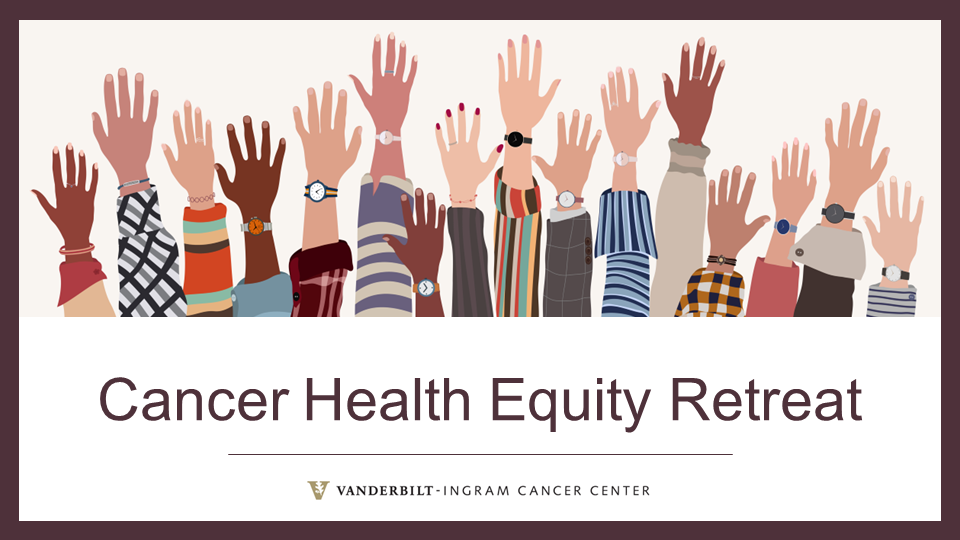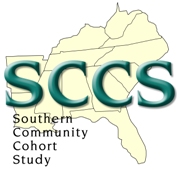Cancer Health Disparities
Cancer affects everyone – but the burden is often much higher in certain ethnic and socioeconomic populations.
According to the National Cancer Institute, death rates from cancer are higher in African Americans, particularly African American males, compared to any other racial or ethnic group. Hispanics and Latinos have the highest rates for cancers associated with infection (such as liver, stomach, and cervical cancers) and are more likely to be diagnosed with advanced stages of the most common cancers than non-Hispanic whites.
Through our research, education and outreach programs, Vanderbilt-Ingram Cancer Center is committed to reducing these disparities and improving cancer health equity in our community, nationwide, and globally. Our multi-faceted approach includes:
- Encouraging cancer screening and prevention strategies, e.g., HPV vaccination and smoking cessation, in disproportionately affected communities
- Communicating the critical importance and supporting the inclusion of minorities in cancer research and clinical trials
- Designing and conducting large-scale studies to identify key cancer risk factors and the most promising strategies for improving cancer health equity among minorities and socioeconomically disadvantaged populations
Meharry-Vanderbilt-Tennessee State Cancer Partnership
The Meharry-Vanderbilt-Tennessee State Cancer Partnership (MVTCP) brings together members of three institutions to address the disproportionate impact of cancer on minority and/or underserved populations through research, training and community outreach.
Cancer Health Disparities Events

The goal of this retreat was for colleagues to present their cancer health equity projects or ideas and gain input, create awareness about their work, develop collaborations, and further research in this area.
| Presentations | Pictures |
The Southern Community Cohort Study
 The Southern Community Cohort Study (SCCS) was established to address many unresolved questions about the root causes of cancer health disparities. This prospective cohort study of approximately 85,000 adults in the southeastern United States has among the highest representation of African Americans among existing U.S. cohorts and a large biorepository poised to address scientific questions about the causes of both common and rare cancers.
The Southern Community Cohort Study (SCCS) was established to address many unresolved questions about the root causes of cancer health disparities. This prospective cohort study of approximately 85,000 adults in the southeastern United States has among the highest representation of African Americans among existing U.S. cohorts and a large biorepository poised to address scientific questions about the causes of both common and rare cancers.
Learn more about the SCCS at: http://www.southerncommunitystudy.org/






